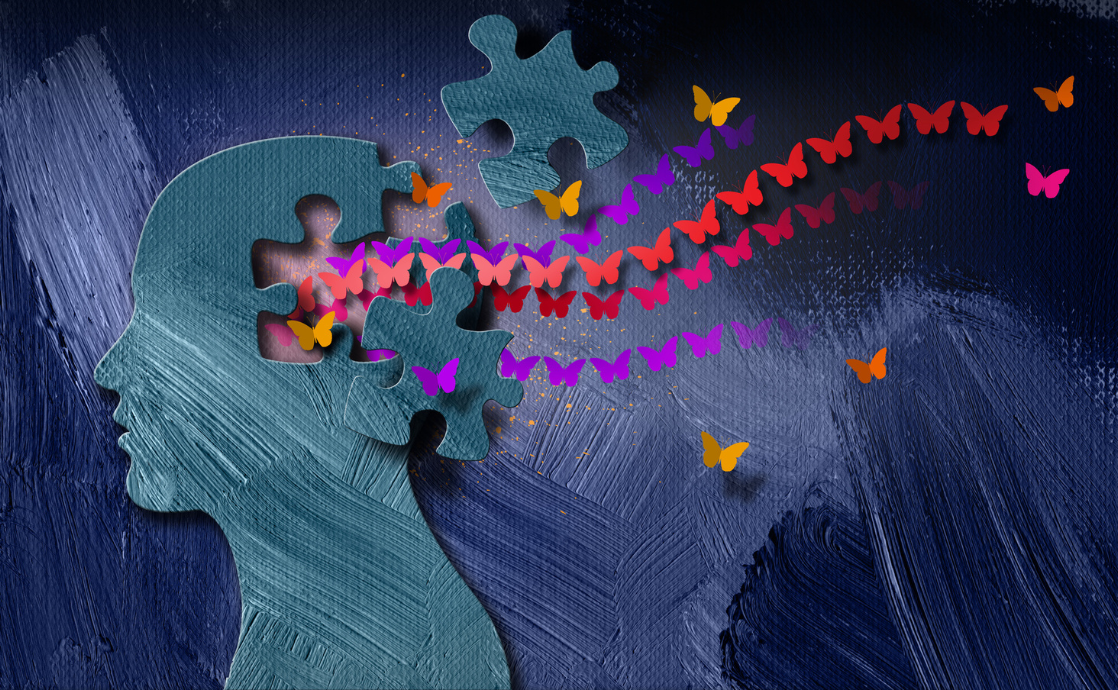In this contemporary age, where information proliferates at an unprecedented pace, one may ponder: how often are we entangled in the web of wishful thinking? This proclivity can act as a veil, obscuring our quest for knowledge and the accurate assessment of truth. Within the framework of Baha’i teachings, the significance of examining reality with a discerning eye is paramount. Baha’u’llah, the founder of the Baha’i Faith, urges followers to engage in earnest investigation of truth while maintaining objectivity and prudence. In this article, we explore the guiding principles that assist individuals in avoiding the pitfalls of wishful thinking, thereby fostering a deeper comprehension of reality.
First and foremost, it is essential to embrace the principle of independent investigation. This tenet encourages individuals to eschew blind faith and inherited beliefs. Instead, one should strive to engage directly with the teachings and texts of Baha’u’llah, assessing their validity through personal inquiry and critical evaluation. The Baha’i Faith promotes an intellectual rigor that transcends passive acceptance. It encourages adherents to approach fundamental questions with curiosity and skepticism, prompting a fruitful examination of one’s beliefs.
To cultivate this independent investigation, one can employ a systematic approach. Begin by establishing a foundation of reliable sources. In a world rife with misinformation, discerning credible texts from dubious ones is imperative. The sacred writings of Baha’u’llah, `Abdu’l-Bahá, and Shoghi Effendi serve as critical reference points. Furthermore, engaging with scholarly analyses and discussions within the Baha’i community can enrich understanding and provide diverse perspectives on complex issues.
Another cornerstone of avoiding wishful thinking is to maintain an open and receptive mindset. Often, individuals possess preconceived notions or desire certain outcomes due to emotional attachment. This partiality can skew one’s perception and hinder the unbiased appraisal of facts. To counteract this, it is vital to actively seek out opposing viewpoints. In embracing intellectual humility, individuals cultivate an environment conducive to genuine learning. Engaging with critics or alternative interpretations of beloved teachings serves not only to fortify one’s own understanding but also to sharpen critical thinking skills.
Furthermore, introspection plays a crucial role in this investigative process. Regularly reflecting on one’s motivations and biases allows individuals to confront uncomfortable truths about their beliefs. This inner dialogue challenges the validity of wishful thinking and fosters a clearer perspective. One might consider journaling as a tool for self-reflection, jotting down feelings, thoughts, and revelations as they arise. By creating a repository of personal insights, individuals can trace the evolution of their understanding and identify potential blind spots.
An essential aspect of the Baha’i teachings is the recognition of the interconnectedness of all human beings. This principle underscores the importance of community and collective inquiry. Engaging in discussions with fellow Baha’is or participating in study circles cultivates a spirit of collaboration and shared learning. Oftentimes, group dynamics can highlight individual biases, as others provide alternative interpretations that counteract wishful inclinations. The rich tapestry of diverse perspectives within the Baha’i community can illuminate pathways toward a more comprehensive understanding of truth.
As one navigates the labyrinth of beliefs and ideas, it is prudent to embrace the tentative nature of knowledge. Baha’u’llah emphasizes the impermanence of human understanding, positing that truth may manifest differently across varying contexts and eras. In light of this, practitioners are encouraged to remain adaptable and willing to revise their viewpoints as new information arises. This malleability is crucial in countering the rigidity often associated with wishful thinking, which can lead to dogmatism.
Moreover, confronting the emotional ramifications of truth can be challenging. Differentiating between facts and feelings is essential, as the latter can strongly influence personal narratives. Practitioners must develop the skill to assess information objectively, setting aside emotional responses to facilitate clearer analysis. This does not suggest the suppression of feelings; instead, it advocates for a balanced approach where emotional insights are acknowledged but not allowed to overshadow rational evaluation.
Cultivating empathy is another valuable strategy that complements the investigation of truth. Understanding the diverse reasons why individuals cling to certain beliefs offers insights into the complexities of human nature. By fostering compassion towards oneself and others, individuals can better navigate potentially contentious discussions about differing beliefs without the encumbrance of wishful thinking. This empathetic stance allows for a respectful exchange of ideas, promoting understanding rather than entrenchment.
Lastly, the pursuit of truth necessitates a commitment to integrity. Transparency in one’s motivations and beliefs can illuminate the darker corners of wishful thinking. Upholding ethical standards in the investigation of truth means holding oneself accountable to the ideals espoused within Baha’i teachings. Practitioners should aspire to reflect honesty in their inquiries and be vigilant against the allure of convenience, which often accompanies wishful thinking.
In conclusion, the Baha’i teachings provide a robust framework for investigating truth while avoiding wishful thinking. By cultivating independent inquiry, maintaining open-mindedness, practicing introspection, fostering community engagement, embracing the fluidity of understanding, differentiating emotions from facts, cultivating empathy, and adhering to integrity, individuals can navigate the complex terrain of belief with greater clarity. Through these practices, one can aspire to uncover the authentic essence of truth, enriching not only personal understanding but also contributing to the collective advancement of humanity.
